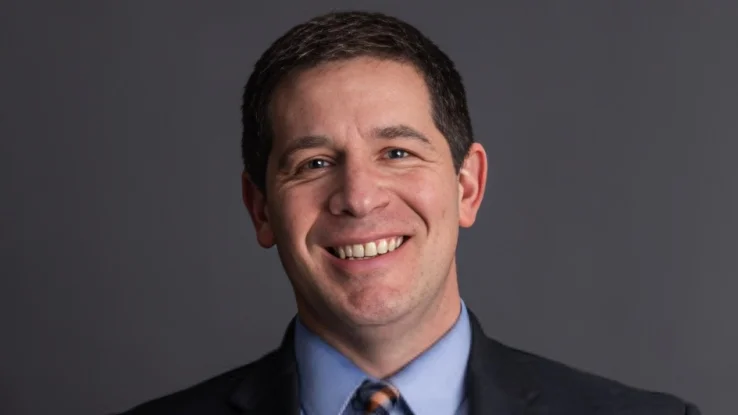
On September 17, 1787, the delegates of the Constitutional Convention in Philadelphia signed the Constitution and submitted it to the states for ratification. While Constitution Day does not receive the same level of celebration as Independence Day, its significance is profound. The Declaration of Independence established a new nation, but it was the Constitution that defined it.
At 4,400 words, the Constitution created an entirely new form of government. However, 237 years into this experiment in American constitutionalism, some Americans see deep divisions in society and question whether the Constitution has failed.
The Dean of the University of California-Berkeley School of Law argues in his new book that the Constitution has put the country "in grave danger" by hampering majoritarian will and preventing majorities from achieving their goals. This perspective views government as a collective action mechanism where checks and balances are seen as obstacles rather than features.
Conversely, Yuval Levin, Director of Social, Cultural and Constitutional Studies at the American Enterprise Institute, offers a more hopeful view in his book "American Covenant: How the Constitution Unified Our Nation – and Could Again." Levin contends:
"The breakdown of political culture in our day is not a function of our having forgotten how to agree with one another but of our having forgotten how to disagree constructively. And this is what our Constitution can better enable us to do. As a framework for unity, the Constitution functions as a means of rendering disagreement more constructive."
Levin emphasizes that complete unity is neither possible nor desirable due to human liberty and frailty. Instead, he argues that the Constitution provides a way to channel disagreements and accommodate diverse perspectives.
Much of Levin's book discusses how productive disagreement mechanisms have broken down:
"The result is that our elections and politics overall are increasingly divisive – but it’s not because of the Constitution. It’s because the Constitution isn’t being followed."
One significant issue for constitutional governance is that people judge the Constitution based on current governmental practices rather than its original prescriptions.
Levin begins his book with an optimistic note:
"This is a book about America, and therefore, it is a hopeful book… It aims to help you see why America should make you hopeful, why it deserves your hope, and how that hope might be vindicated."
Restoring constitutional governance will be challenging but necessary for ensuring civil liberties and inclusive governance. Levin suggests ways forward for every American to have a seat at their own governance table.
In closing remarks at the Constitutional Convention, Dr. Benjamin Franklin acknowledged:
"I agree to this Constitution, with all its Faults… because I expect no better, and because I am not sure that it is not the best."
James Madison echoed similar sentiments in Federalist 51:
"If men were angels, no government would be necessary. If angels were to govern men, neither external nor internal controls on government would be necessary. In framing a government which is to be administered by men over men, the great difficulty lies in this: you must first enable the government to control the governed; and in the next place oblige it to control itself."
The Founding Fathers left behind what they believed was their best guide: The Constitution.